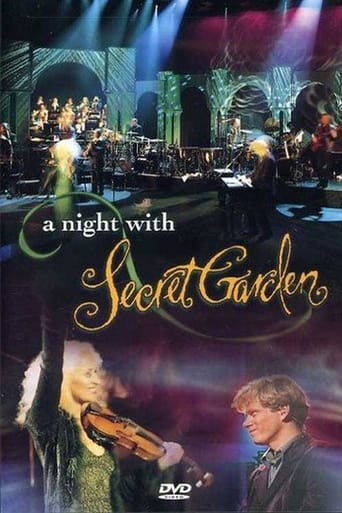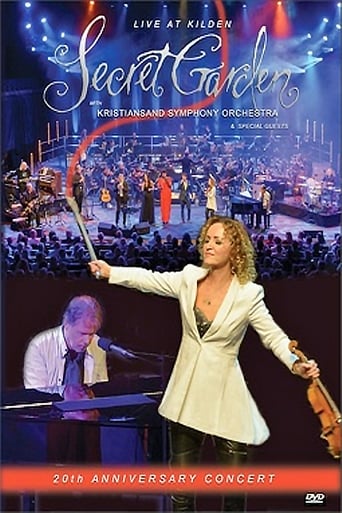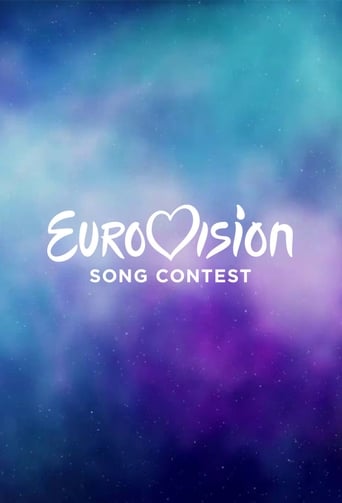A Night with Secret Garden
Oct 17, 2000In this unique show, recorded live in recorded in Lillehammer in Norway, the talented duo of Secret Garden (Rolf Løvland and Fionnuala Sherry) perform songs that combine Celtic and Nordic influences to celebrate the past and create promise for our future through haunting ballads, spirited arrangements and sensuous rhythms. Also featuring Ireland's Anúna Choir. This offers a rare look at the music and personalities of this dynamic musical team.
Music


